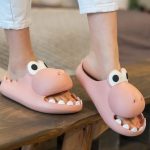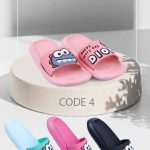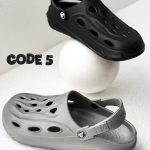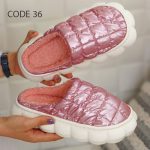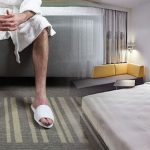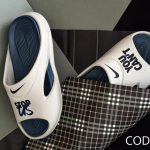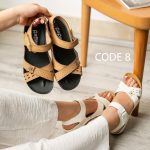How to Choose a High-Quality Slipper? Important Tips Before Buying
what will you read...
1. Check the Material2. Comfort and Ergonomic Design3. Durability and Quality of Stitching or Molding4. Slip-Resistant Sole5. Appropriate Weight6. Breathability and Sweat Prevention7. Choosing the Right Size8. Consider the Purpose of UseConclusion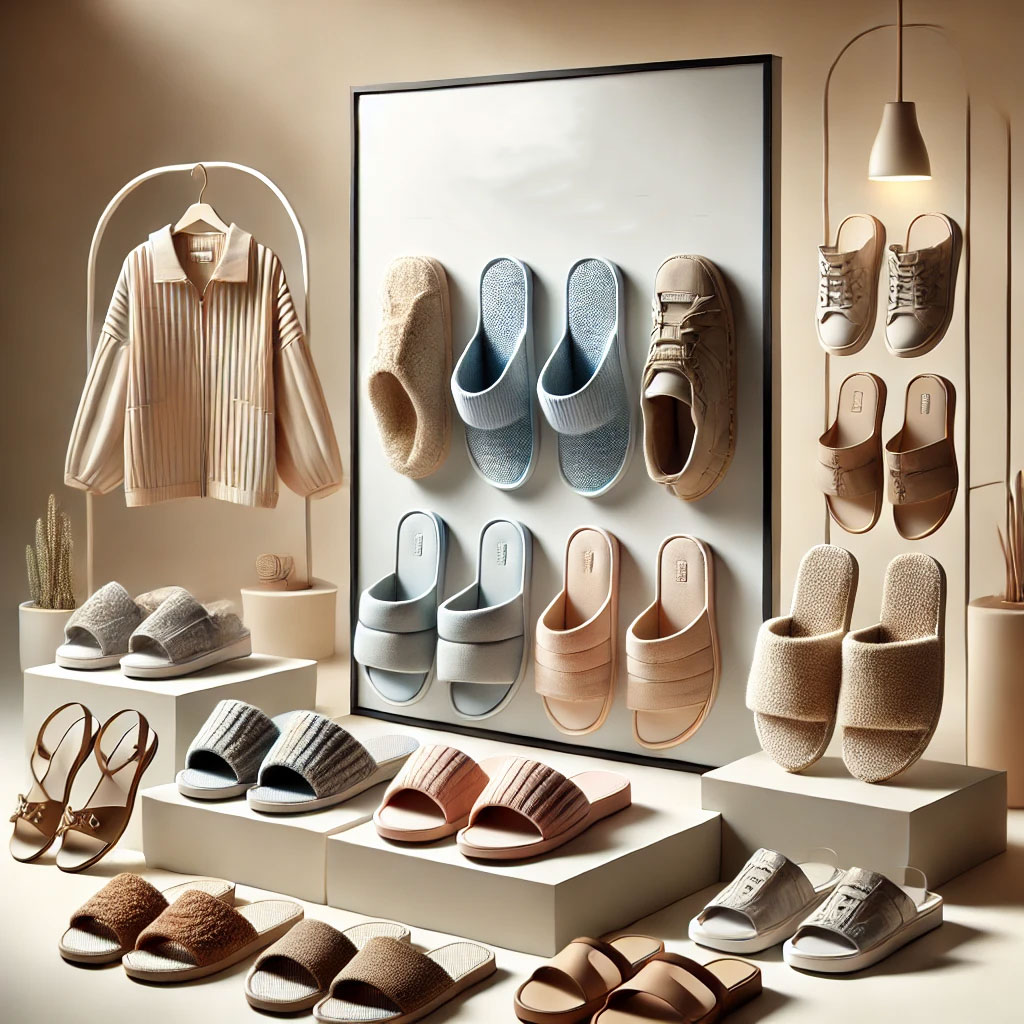
Choosing the right slipper may seem simple at first, but if you want a high-quality, durable, and comfortable product, you need to consider a few key factors. In this article, we provide essential guidelines to help you make the best choice based on your needs.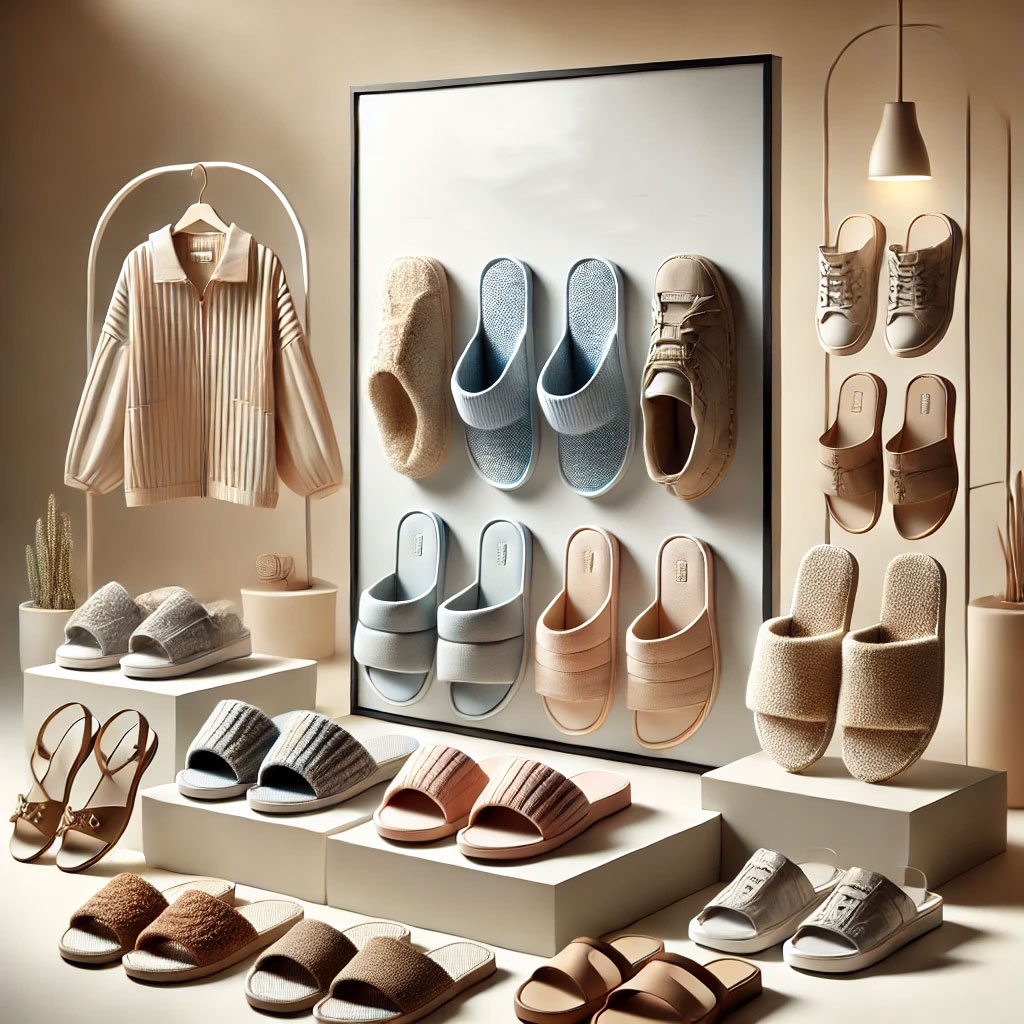
1. Check the Material
One of the most important factors in slipper quality is the material. Slippers are usually made from various materials such as plastic, EVA, leather, foam, and fabric. Each of these materials has its own unique characteristics:
– EVA: Lightweight, flexible, and water-resistant, suitable for daily use and bathrooms.
– Natural Leather: Durable, stylish, and ideal for formal environments, but requires maintenance.
– Plastic: Affordable, but low-quality ones may cause foot sweating.
– Fabric: Suitable for indoor use, soft and lightweight, but absorbs moisture easily.
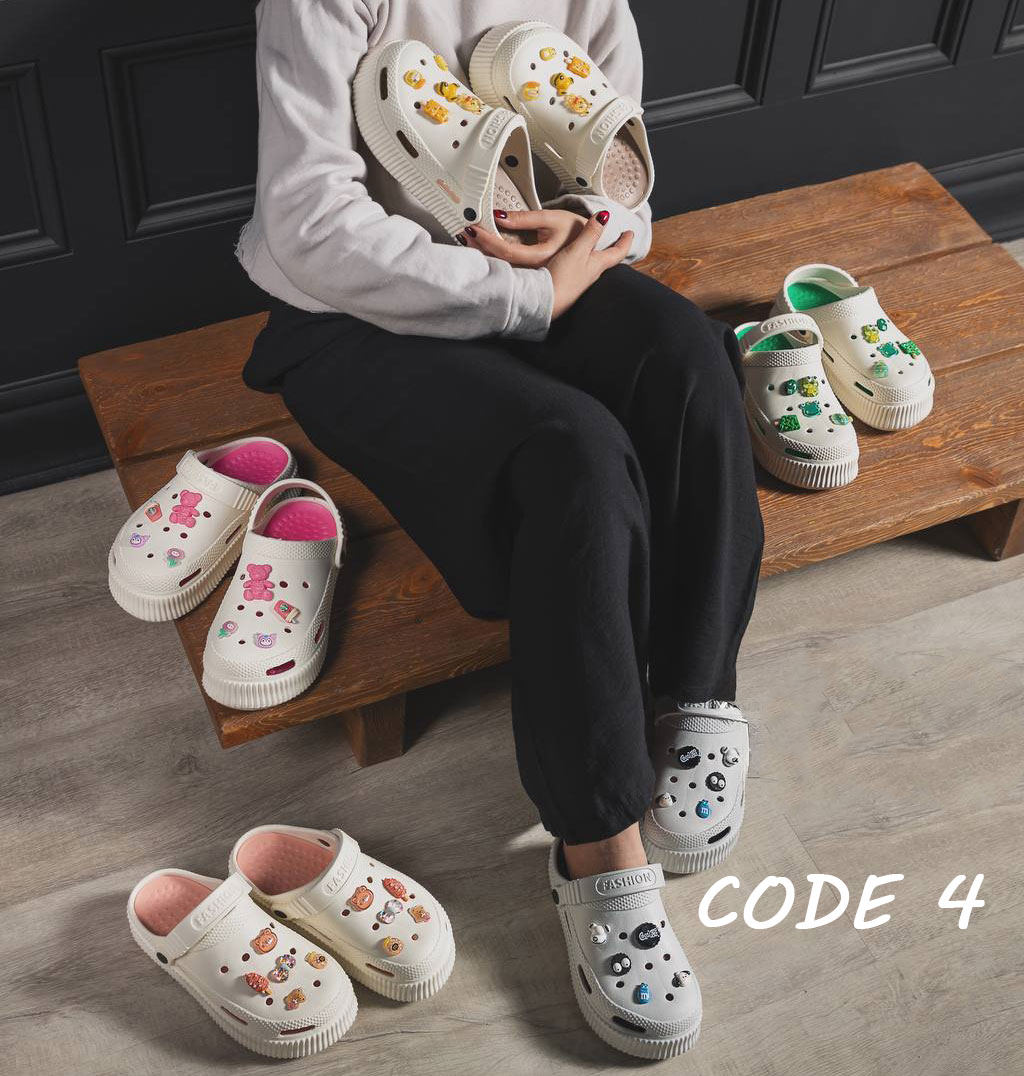
2. Comfort and Ergonomic Design
Ergonomically designed slippers provide proper arch support and reduce foot pressure. When buying, consider the following:
– Soft and flexible sole
– Arch support
– No excessive pressure on toes
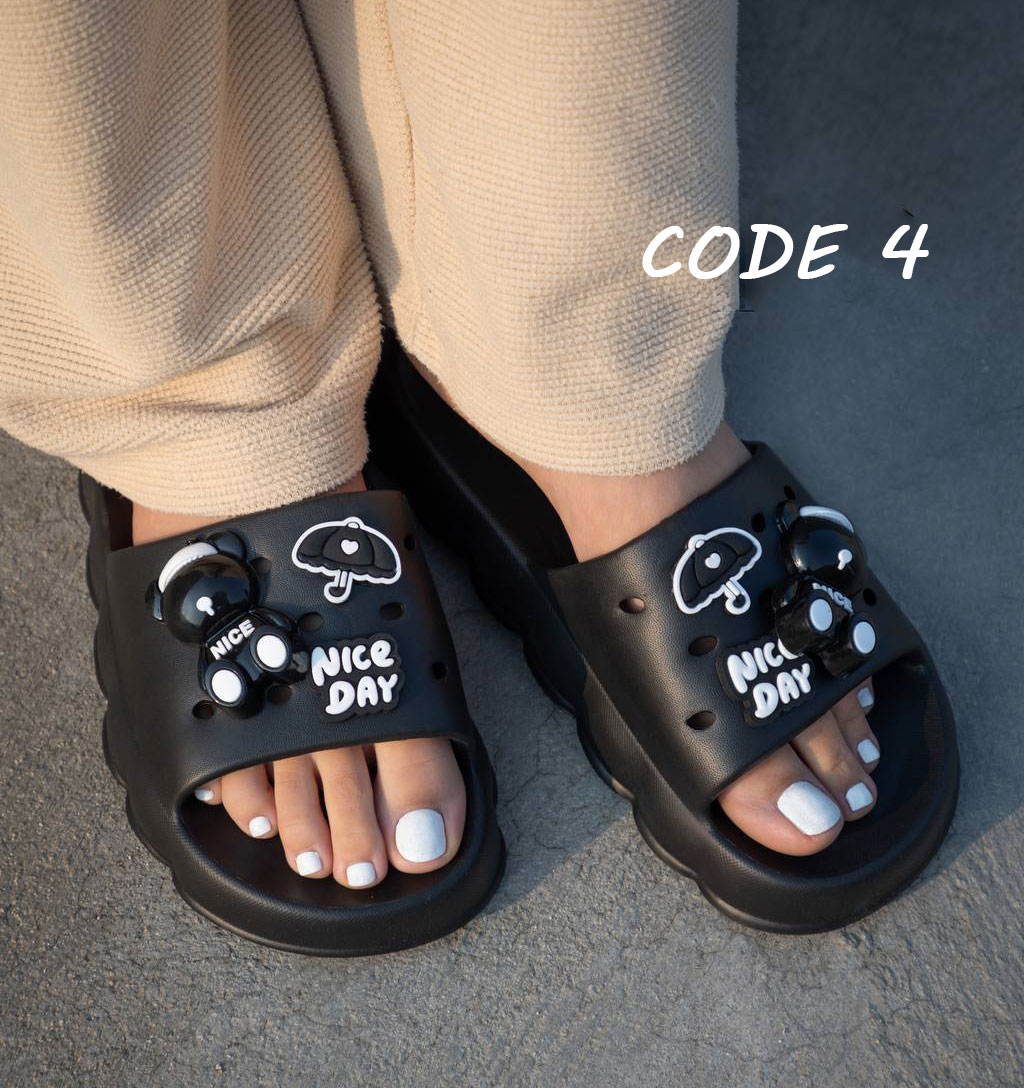
3. Durability and Quality of Stitching or Molding
If the slipper has stitching, ensure it is strong and secure. For molded (one-piece) designs, check for any gaps or weak points. Also:
– Examine the sole thickness.
– Ensure the straps are firmly attached.
– Buy from reputable brands that use high-quality materials.
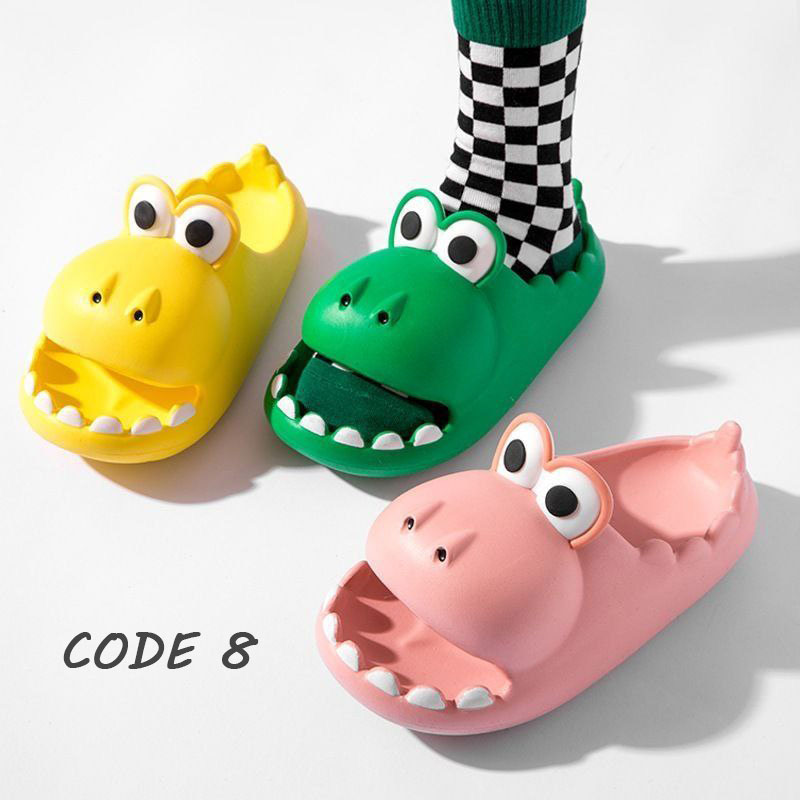
4. Slip-Resistant Sole
A good slipper should have a non-slip sole, especially for use in bathrooms, pools, or wet areas. To check this feature:
– Look at the tread pattern on the bottom.
– Walk on a smooth surface to test traction.
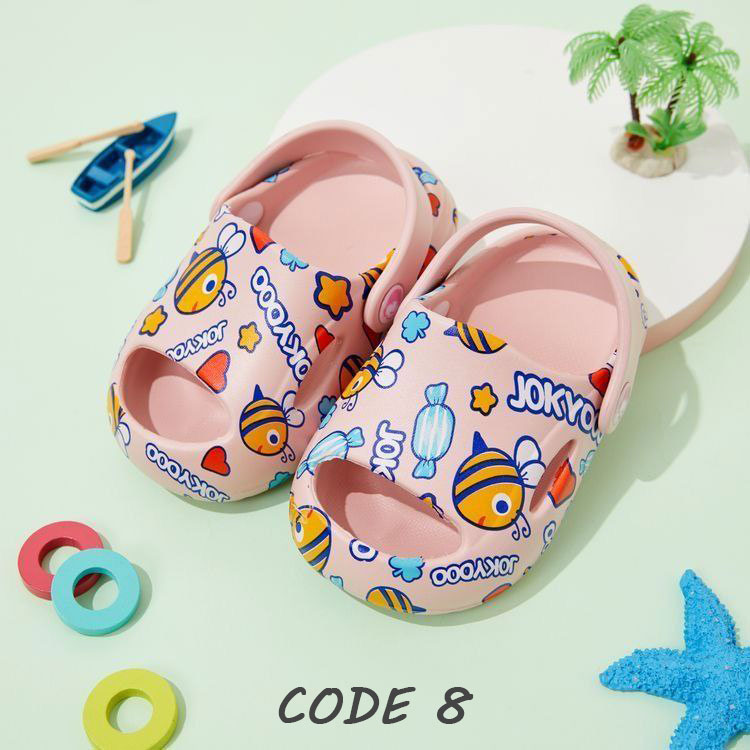
5. Appropriate Weight
Overly heavy slippers can cause foot fatigue, while excessively light ones may be made from weak materials. The best choice is a moderately weighted slipper that balances comfort and durability.
6. Breathability and Sweat Prevention
If your feet tend to sweat a lot, choose open designs or slippers with ventilation holes. Fully enclosed plastic slippers without ventilation may trap odor, while EVA or fabric options offer better airflow.
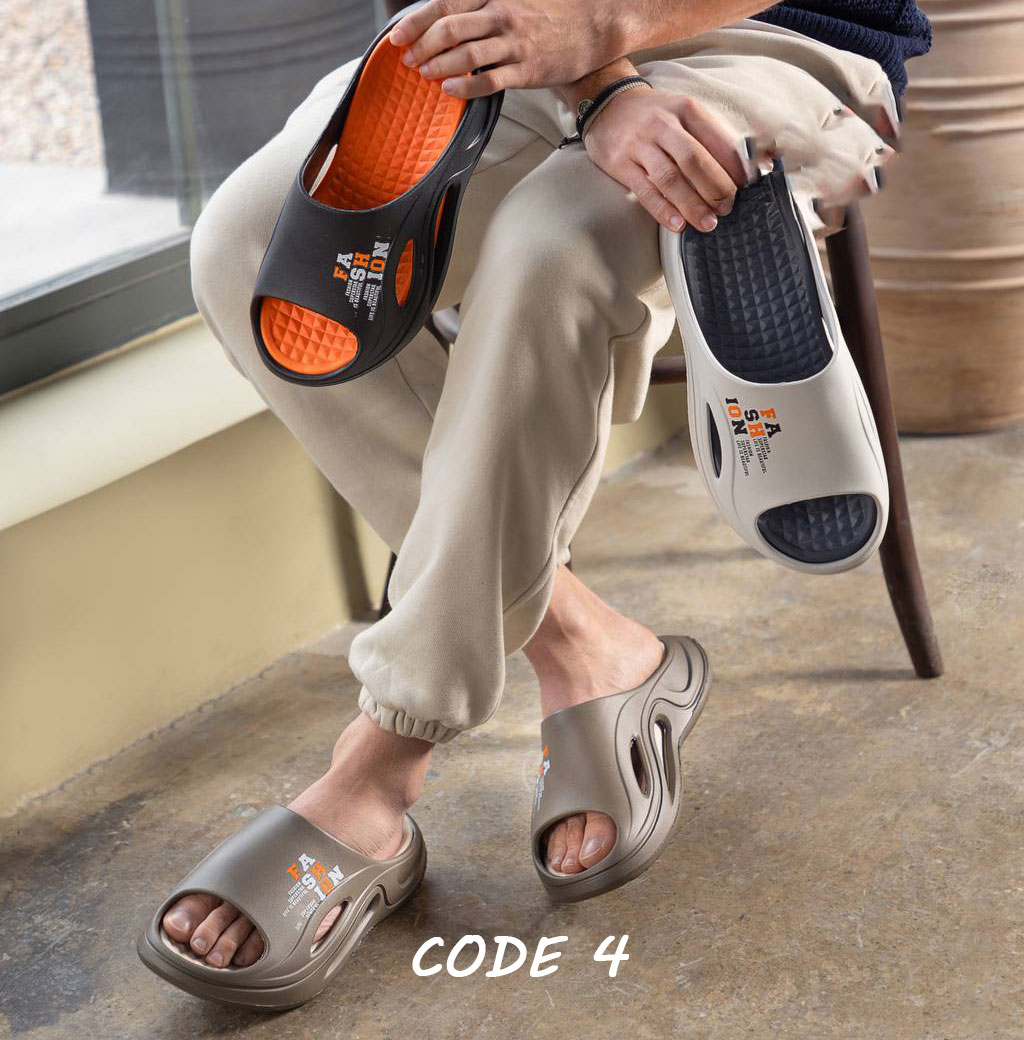
7. Choosing the Right Size
Your slipper size should be slightly larger than your foot to ensure your toes and heels don’t stick out while walking. Also, check the width to avoid excessive pressure on the sides of your foot.
8. Consider the Purpose of Use
Before purchasing, determine where you will use the slipper:
– Bathroom and Pool: Waterproof, non-slip, and lightweight
– Daily Wear: Comfortable, durable, and with a standard sole
– Workplace: Sturdy, closed-toe, and professionally designed
– Travel: Lightweight, foldable, and compact
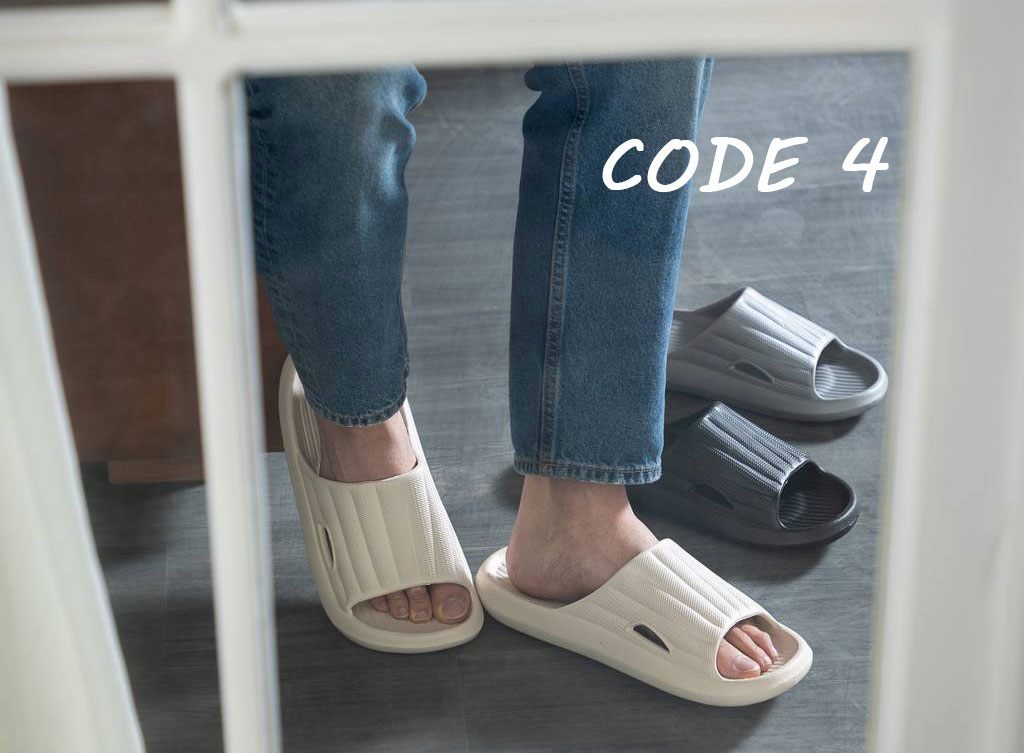
Conclusion
To select a high-quality slipper, consider its material, ergonomic design, durability, slip resistance, weight, breathability, and proper sizing. Also, think about where you will use it to choose the best option. By following these tips, you can ensure a comfortable, durable, and practical slipper that won’t cause foot fatigue throughout the day.





